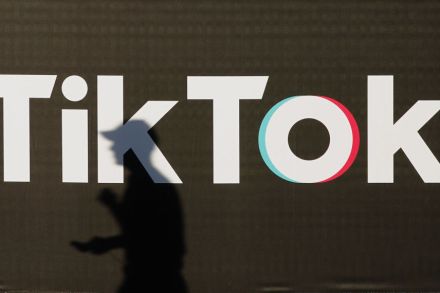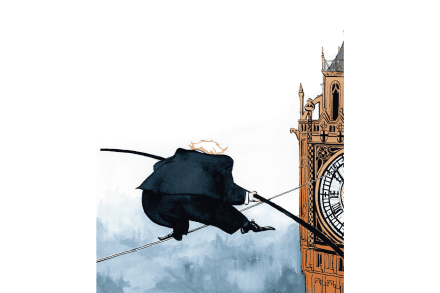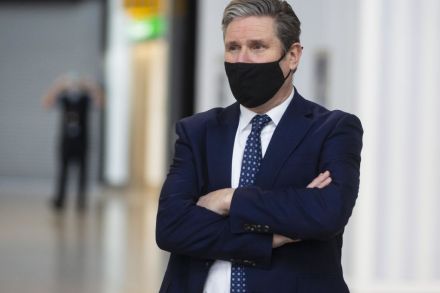When will Eddie Izzard get the message?
Eddie Izzard is a serial election loser, but try telling her that. The comedian has tried – and failed – three times to win a place on Labour’s National Executive Committee. But not put off by getting fewer votes than a man disowned by Momentum over anti-Semitism allegations in her last outing, Izzard wants to try again. This time, Izzard is seeking to have a crack at winning a seat in the Commons. Asked by the Guardian whether the plan is to enter politics, she said: ‘Yep. I’m not mucking about with this. I’m going in.’ But what happens if – as is quite likely – Izzard’s attempt doesn’t pay off? According




















